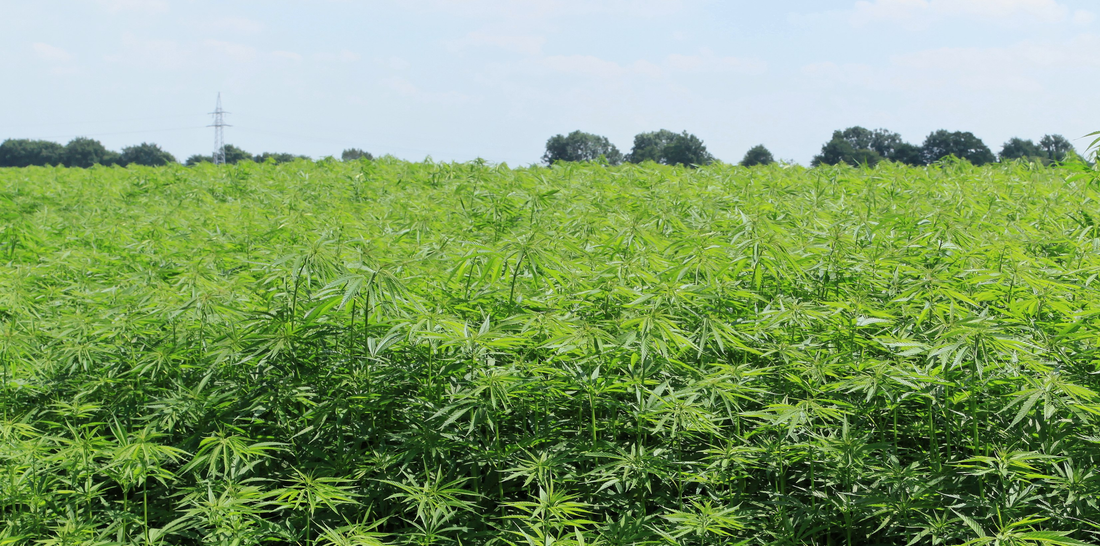
Introduction: Organic hemp seed oil capsules
Many people associate hemp primarily with an intoxicating effect, but not all hemp is the same. Let's take a closer look at the different types of hemp and what they contain. We will then classify our hemp oil capsules (which, by the way, have no intoxicating effect whatsoever).
Types of Hemp
Hemp's closest relative is hop, from which it separated 28 million years ago.
The scientific classification of different types of hemp has been changing constantly over the course of the 20th and 21st centuries.
A distinction is generally made between two subspecies of hemp (lat. Cannabis): Cannabis sativa and Cannabis indica. The botanist Dmitrij E. Janischewsky also proposed the subspecies Cannabis ruderalis, but later genetic analyses of various hemp populations showed that it was too closely related to other subspecies, which is why this classification was eventually discarded. Over the years, several other subspecies have been proposed, but these have not been able to establish themselves.
Today, science distinguishes between the subspecies Cannabis sativa and Cannabis indica on the basis of whether they have an intoxicating effect.
Cannabis sativa, also known as "common hemp" or "industrial hemp", has no intoxicating effect and is mostly cultivated for its fibers, which are used to make ropes, clothing and other textiles, as well as paper and oil for a wide variety of uses. The oldest evidence of the cultivation of industrial hemp is around 4500 years old and comes from China.
Cannabis indica, on the other hand, has an intoxicating effect due to the component tetrahydrocannabinol (THC), a cannabinoid. Cannabis indica is further categorized into varieties based on the ratio of THC to CBD (cannabidiol, a non-intoxicating cannabinoid often used for its potential health benefits).
The use of the classification into indica and sativa for intoxicating forms of hemp is not scientific and originates from breeders of Cannibis indica, who classify the plants with these terms based on their flowering times and leaf shapes, among other things.
The Hemp Seed Oil in CapsOleum's Capsules
So, which type of hemp ends up in CapsOleum's organic hemp oil capsules?
For our capsules, we use carefully cold-pressed oil from the seeds of a special strain of Cannabis sativa from Europe, which has no intoxicating effect whatsoever. We ensure this by regularly and independently testing the THC contents.
So if you want to enjoy the benefits of hemp oil without getting intoxicated, you can fully rely on our organic hemp oil capsules.
What Are the Benefits of Hemp Oil as a Dietary Supplement?
As we often consume an incorrect ratio of omega-3 fatty acids to omega-6 fatty acids in our normal diet, it is important to balance this ratio. Although omega-6 fatty acids are also important for our body, if consumed in excess they can promote inflammatory processes and lead to blemished skin, among other things.
Hemp oil contains linoleic acid (omega-6 fatty acid) and alpha-linolenic acid (omega-3 fatty acid) in a ratio of 3:1[1] compared to olive oil, for example, which has a ratio of around 10:1 or conventional margarine, which can have a ratio of around 16:1 (depending on the fats used) and is therefore ideal for restoring the right balance of fatty acids.
Our cold-pressed hemp oil also contains a significant amount of natural antioxidants that protect cells from free radicals, helping to prevent disease and promote health[2].
Sources:
